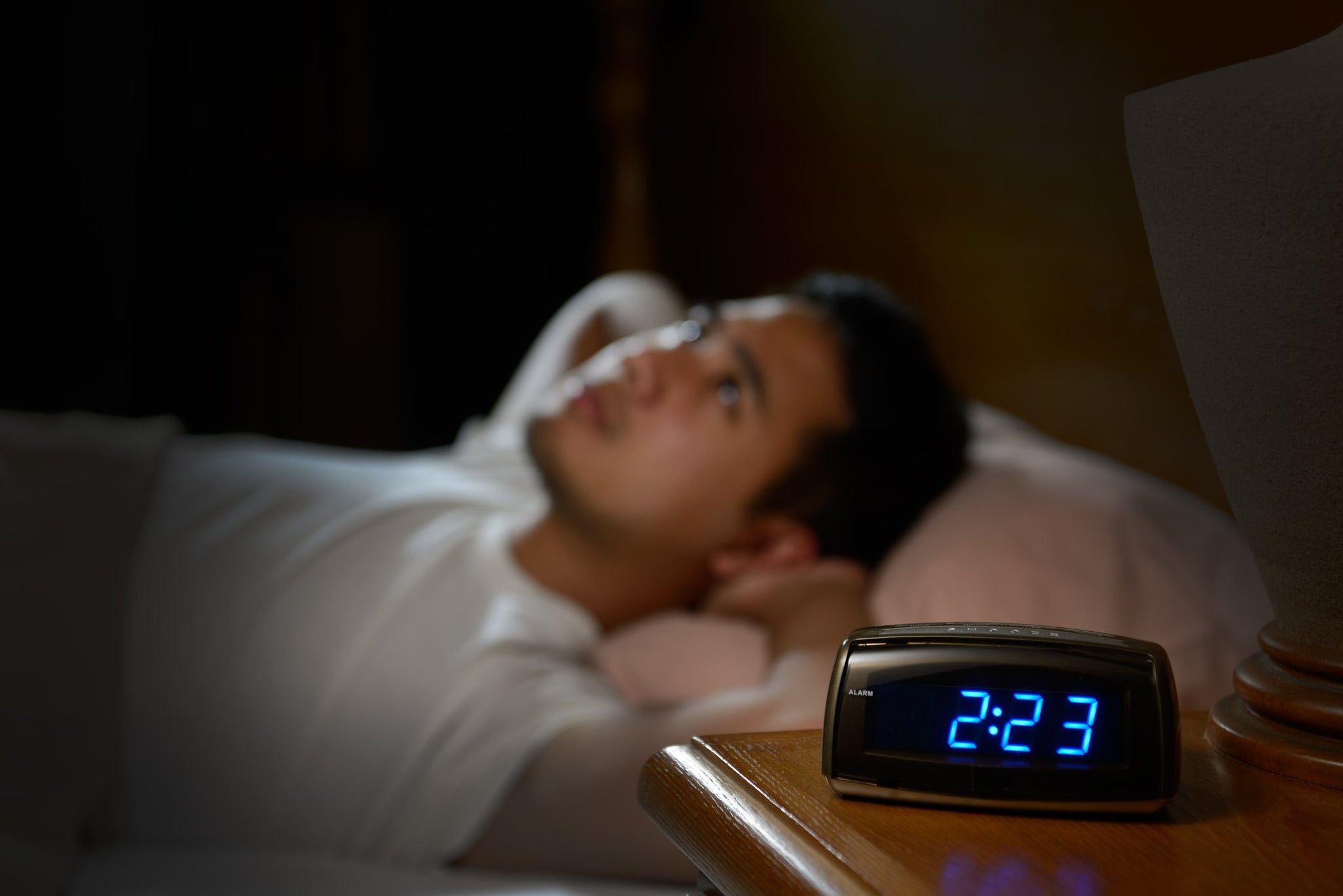

It should be quiet and dark, with good temperature control. Staying in bed for longer can lead to fragmented sleep. Most people should not stay in bed for more than 8 ½ hours.

#Insomnia help professional
Your health professional will ask you about your sleep habits, medications, how much caffeine and alcohol you consume, and other symptoms you may have, such as pain. If they think you have insomnia, your doctor may refer you to see a sleep specialist or psychologist.įIND A HEALTH SERVICE - The Service Finder can help you find doctors, pharmacies, hospitals and other health services.ĪSK YOUR DOCTOR - Preparing for an appointment? Use the Question Builder for general tips on what to ask your GP or specialist. Keeping a sleep diary is a good way to track symptoms, which you can share with your health professional. It is a good idea to see your doctor if you are having trouble sleeping or you are having problems with your mood, feeling restless in bed, snoring badly or waking up not feeling refreshed. shift work - people who work different shifts often do not sleep as well as those who work set hours during the day.life stage - elderly people are more likely to have insomnia.sleep disorders, including obstructive sleep apnoea, circadian rhythm disorders caused by irregular sleep patterns, restless legs syndrome and periodic limb movement.mental health problems - insomnia can be a symptom of anxiety, depression or other disorders.hot flushes and night sweats during menopause), and breathing, urinary or digestive problems medical issues, in particular conditions causing pain, hormone changes (e.g.

stress, caused by work or financial problems, relationship issues or grief.substances including caffeine, nicotine, alcohol, amphetamines and some prescription medicines.Sometimes there is an underlying cause such as a general health condition, anxiety, depression or sleep disorder. Sometimes there is no underlying cause for insomnia. being hyperactive, aggressive or impulsive.feeling tired or being too sleepy to do normal activities.Insomnia can lead to the following symptoms during the day: waking up too early and being unable to go back to sleep.But sometimes insomnia is chronic (called chronic insomnia disorder), meaning people have trouble falling or staying asleep for at least 3 months, along with being impaired during the day. Some people experience insomnia for a short time, for example when they are worried or stressed. waking up during the night and having trouble going back to sleep.It is more common in women and elderly people. Most Australians experience insomnia at some point in their lives, and about 1 in 10 people have at least mild insomnia at any given time. Insomnia is a sleep disorder in which people are unable to fall asleep or stay asleep. Related information on Australian websites.


 0 kommentar(er)
0 kommentar(er)
